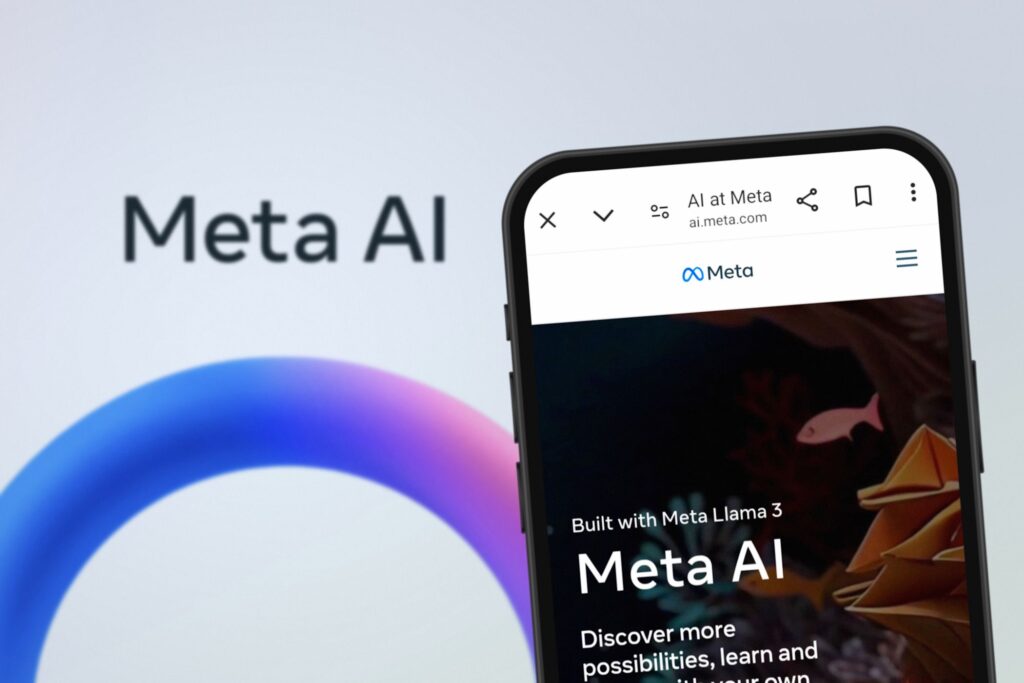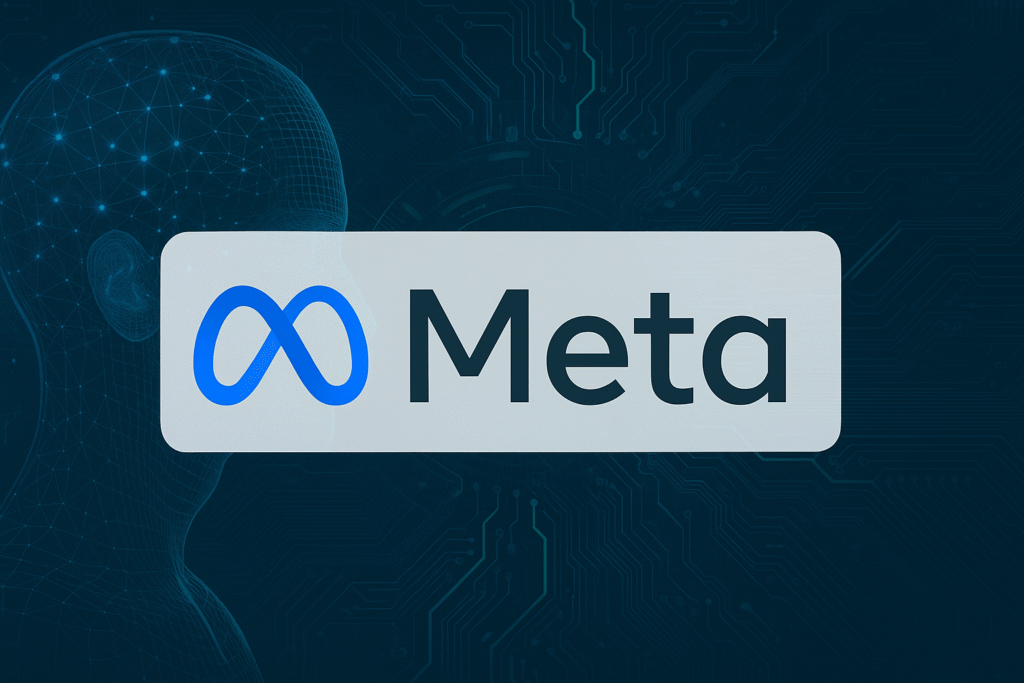In a development that is reshaping the boundaries between creativity, technology, and law, AI companies start winning the copyright fight, securing crucial victories in courtrooms across the United States. These decisions mark a significant milestone in the ongoing legal battle over how artificial intelligence models are trained and whether using copyrighted material without direct authorization constitutes infringement.
The Legal Victories That Changed the Game
The controversy surrounding AI companies using vast amounts of text, including books, articles, and online content, to train their systems has been simmering for years. At the heart of the matter lies a critical question: Can AI developers legally use copyrighted material to improve their language models without compensating the original creators?
Last week, that question tilted in favor of the tech giants as two major cases produced landmark rulings. These decisions not only give breathing room to AI innovation but also set legal precedents likely to shape the future of content creation and copyright interpretation.
Anthropic and the Claude Chatbot Ruling
In one of the most closely watched cases, Anthropic, the AI company behind the popular Claude chatbot, faced allegations of copyright infringement for using books to train its system without seeking the authors’ permission. The lawsuit, filed by a group of writers, argued that this practice amounted to a clear violation of copyright protections.
However, US District Judge William Alsup dismissed the claims, delivering a significant victory for Anthropic and AI developers broadly. In his ruling, Alsup drew an interesting parallel, stating that the AI’s use of books was comparable to “a reader aspiring to be a writer.” He emphasized that simply exposing a system to written content for the purpose of learning or pattern recognition does not automatically translate to unlawful copying or reproduction.
This interpretation strikes at the heart of the copyright debate. For years, creators have argued that AI companies are profiting off their hard work without consent or compensation. But Alsup’s ruling introduces a new perspective: the idea that training AI with copyrighted material is more akin to human learning than to theft.
The outcome of this case underscores how AI companies start winning the copyright fight, and it signals a broader legal acceptance of AI development practices.

Meta’s Triumph in San Francisco
Hot on the heels of Anthropic’s courtroom victory, Meta, the parent company of Facebook and Instagram, scored its own legal success. In a separate case heard in San Francisco, US District Judge Vince Chhabria ruled in favor of the tech giant, stating that the authors who brought the lawsuit failed to provide adequate evidence that Meta’s AI development would cause “market dilution.”
The authors had argued that AI generated content similar to their own could flood the market devaluing original creative works. But Judge Chhabria’s decision highlighted a key legal weakness in their argument. Without concrete proof that AI output would significantly undermine the commercial value of existing works the court found no basis to restrict Meta’s AI training activities.
This decision is another clear example of how AI companies start winning the copyright fight, as courts increasingly demand solid evidence rather than hypothetical fears when assessing copyright claims related to AI.
A Broader Implication for AI and Creativity
These legal victories have profound implications that extend beyond the individual cases. They indicate a growing judicial willingness to balance the rights of content creators with the need to foster technological progress. As AI becomes more integrated into our daily lives from chatbots to automated writing assistants and advanced content generation tools establishing clear, fair rules for training these systems is critical.
However, these court decisions do not give AI developers carte blanche to exploit copyrighted works recklessly. What they do suggest is that the mere act of exposure to copyrighted content for training purposes may not, in itself, constitute infringement. This aligns with how humans learn by reading, observing, and synthesizing existing information to create something new.
Still, the battle is far from over. Advocacy groups for authors, musicians, and artists have vowed to continue fighting for stronger protections and compensation models in the AI era. But for now, it’s evident that AI companies start winning the copyright fight, at least within the current legal landscape.

What This Means for Content Creators
Understandably, these legal developments have sparked mixed reactions among content creators. For some, the court rulings feel like a setback, making it harder to control how their intellectual property is used. For others, the decisions reflect a practical acknowledgment that restricting AI training entirely could stifle innovation, slow progress, and limit the potential benefits AI can offer society.
As the legal dust settles, it’s clear that creators will need to explore new ways to protect their work possibly through licensing arrangements, AI detection tools, or blockchain technologies that trace the origin of content. But one thing is certain: AI is here to stay, and the legal framework surrounding its development is evolving rapidly.
The Fight Is Changing, But Far From Over
The recent victories for Anthropic and Meta represent a critical turning point. Courts are beginning to recognize the complex realities of AI development and its intersection with copyright law. While the debate remains heated and unresolved in many areas, these rulings suggest that, for now, AI companies start winning the copyright fight.
As this legal landscape continues to evolve, all eyes will be on upcoming cases, legislative efforts, and international regulations. In the meantime, both AI developers and content creators must find common ground where innovation can flourish, and creative work retains its rightful value.
